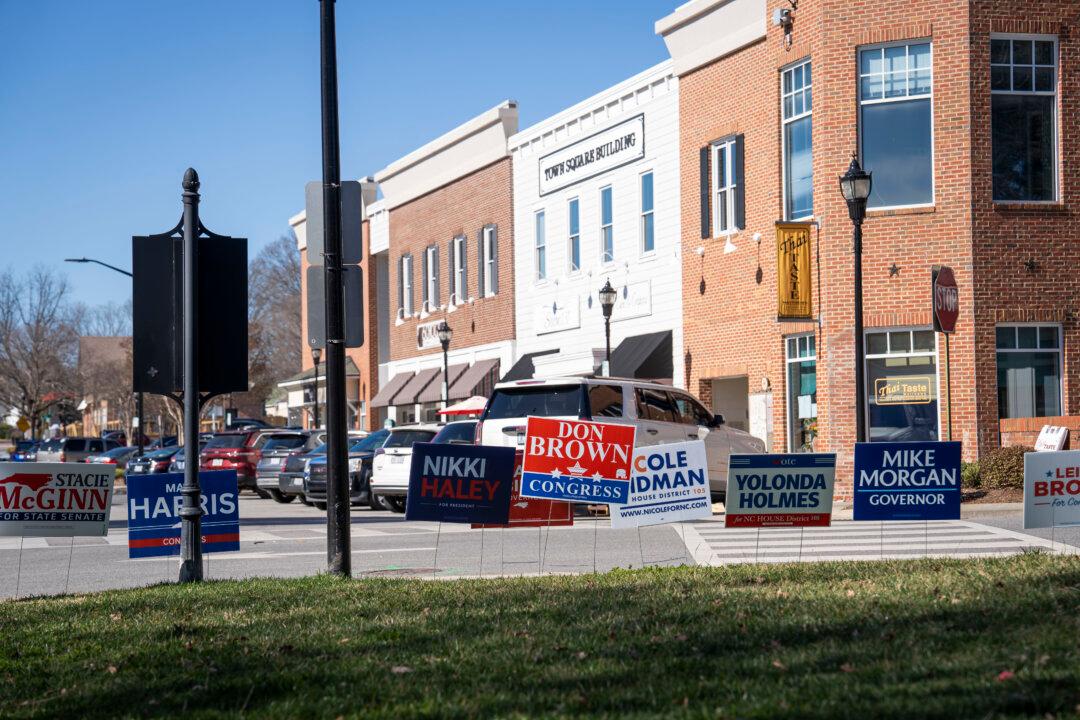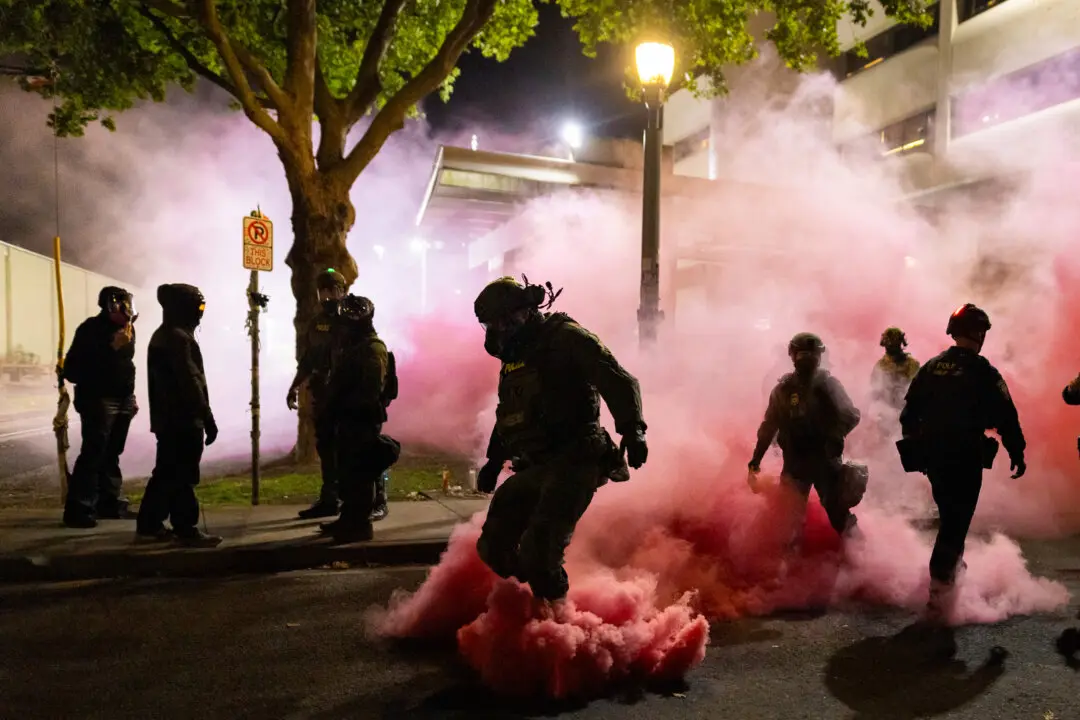As former President Donald Trump’s national polling advantage narrows to a single point, some Republicans see concerning signs in one southern state.
On the surface, Trump’s position in the crucial states of North Carolina and Georgia, where he’s leading by around 5 points, looks strong.





